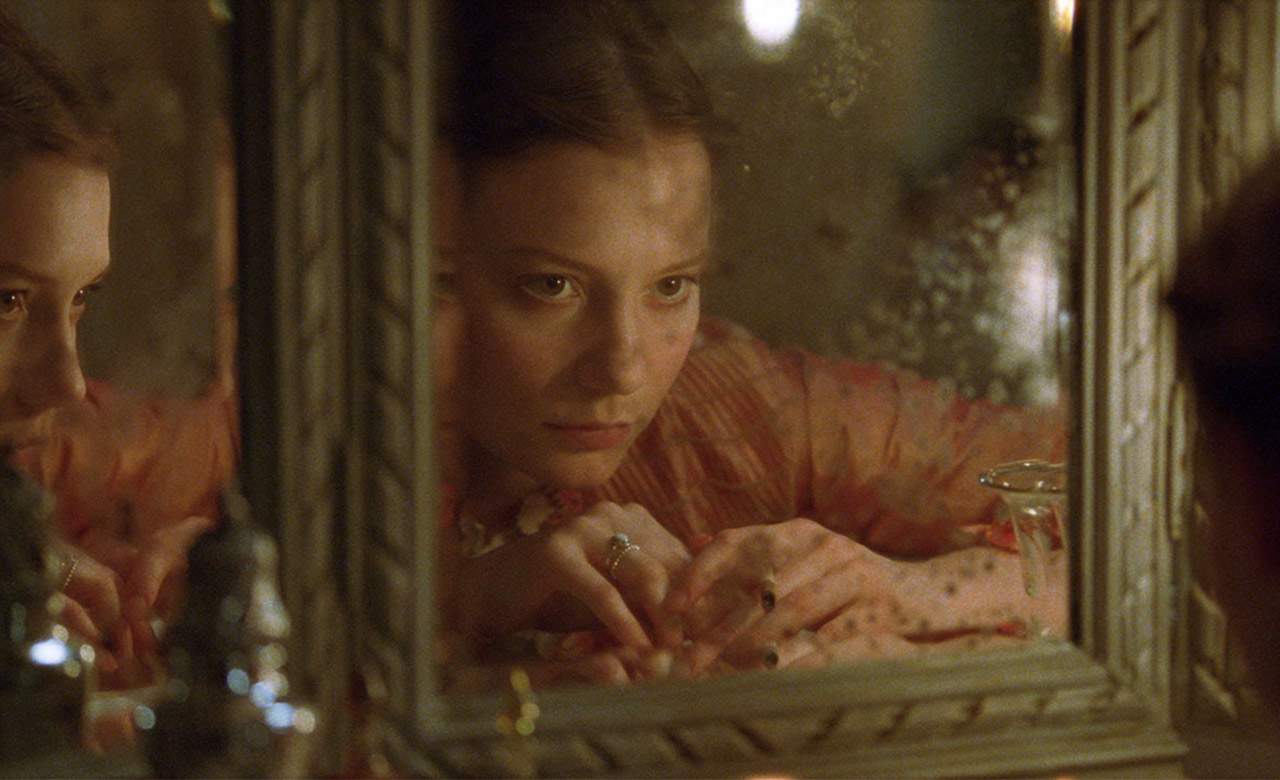Madame Bovary
The story of a strong, independent woman unfortunately born in the Victorian era.
Overview
Emma Bovary (Mia Wasikowska) is a strong, independent woman born (unfortunately) in the Victorian era. Like most women of her age, Emma was preened to become someone's wife since her youth. The story picks up around the point when that much anticipated holy matrimony to a quiet, humble country doctor (Charles Bovary) occurs. Pretty soon after the heavily hyped activity, Emma finds herself excruciatingly bored and – to put it in PG-rated speak – unsatisfied. So she decides to start throwing money at fancy clothes and pretty furniture and to throw herself under another man. Further down the plot I won't go, but to say that things spiral downward from there.
Originally published as a serial, the story of Madame Bovary's sad demise was penned by French writer Gustave Flaubert in 1856. It ended up getting attacked by the French public persecutors for obscenity. Flaubert was later acquitted and after having the charges dropped, he turned the serial into a single volume in 1857. The novel ended up becoming a bestseller and the model for modern realist narratives.
What makes Madame Bovary still intriguing after 150 years is that once the shock factor, the 'obscenity', of her actions become dulled due to modern audiences' desensitisation to sexual scandals, a sadder and also more intriguing story quietly emerges. Emma Bovary's character at the beginning of the story is quite a restricted, restrained female character. After her marriage she spends endless days restlessly wandering around inside the house alone – she can't work or travel or do most things without her husband's permission or company. It doesn't take long for her to try break the restraints that have been placed on her because of her sex. However, every act of rebellion just serves as empty self-indulgences and doesn't really do much for her in terms of freedom. Sure, she gets laid and gets pretty, exotic things, but they come with their own set of strings attached. Everything she does to get free just ends up controlling and trapping her even more.
Emma Bovary's failed but luxurious quest for individual emancipation from the constraints of being a woman in that era is a beautiful story which still resonates into the 21st century due to its ability to both empathise with her desire for freedom and equality while also undercutting the inflated importance of those goals to her with scenes of extreme poverty and sickness peppered into the film. Madame Bovary manages to both uphold and criticise an individual, high class woman's attempt at fickle liberation to the exclusion of others. It may just be one of the first great stories on intersectional feminism and we're only beginning to realise it now.







